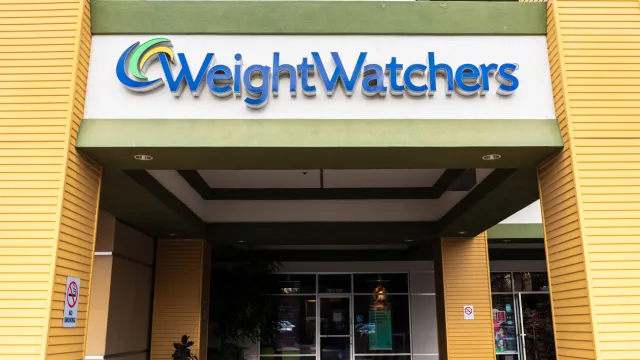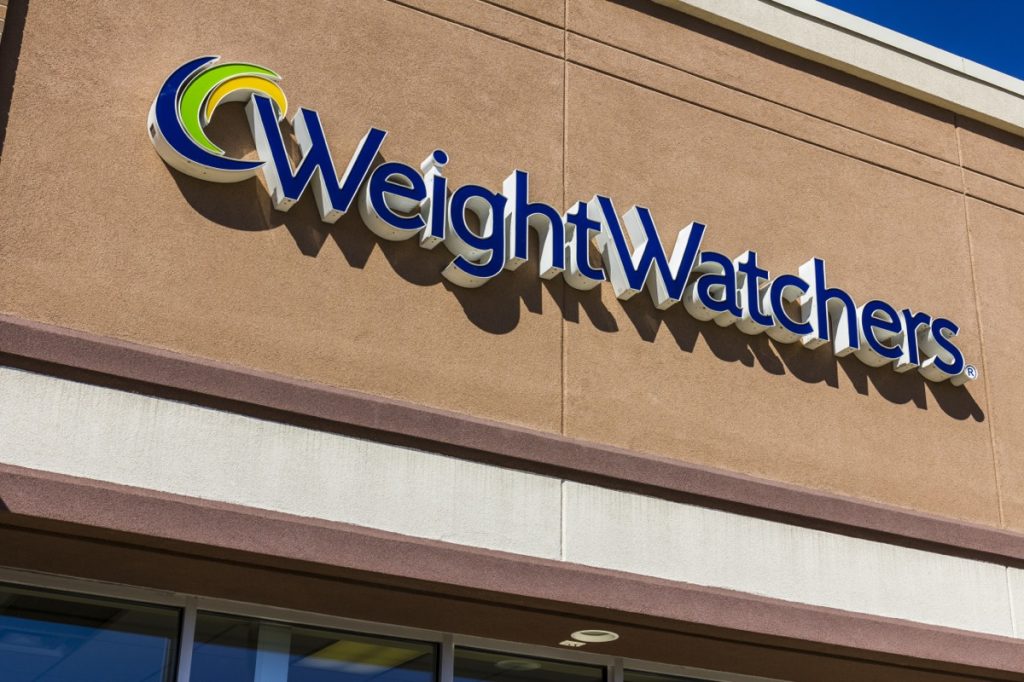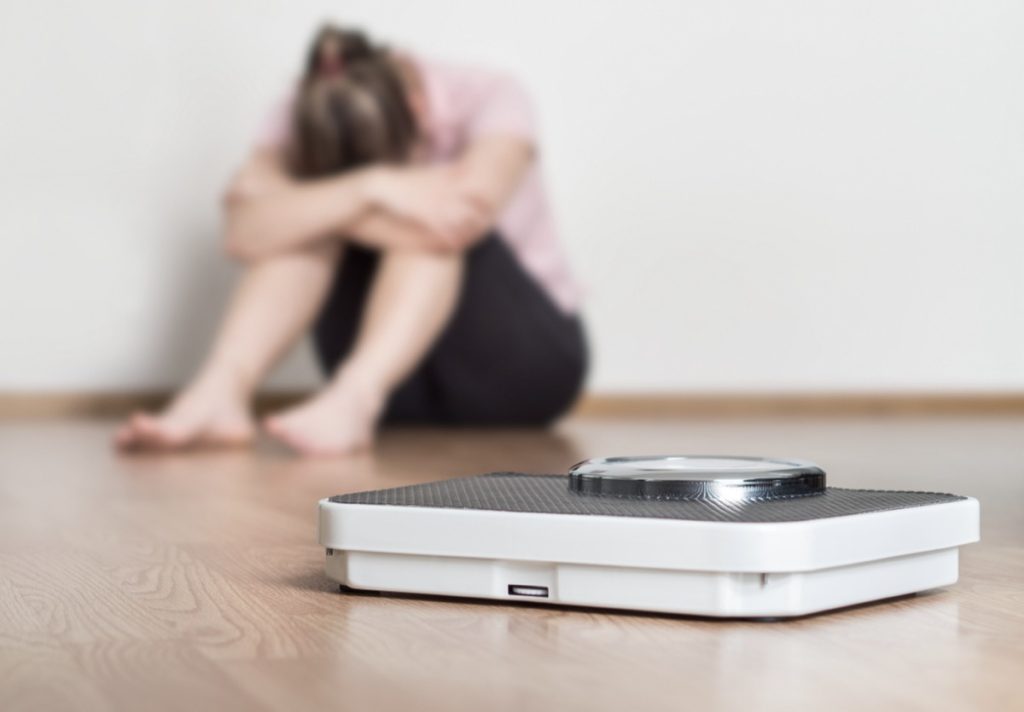WeightWatchers Apologizes to Customers as It Pivots to Weight-Loss Drugs: “We Got It Wrong”

It’s no secret that the process of shedding pounds can be different or more difficult from one person to the next. That’s why, for decades, many have turned to programs like WeightWatchers. But as the larger conversation around wellness and how we achieve our goal weight has evolved, so have the methods we use to achieve those goals—including the introduction of medicines like Wegovy and Ozempic. Now, WeightWatchers has apologized to its customers by admitting it “got it wrong” in the past as the company plans a pivot to weight-loss drugs. Read on to see how the famous program will be different from now on and what that means for customers.
RELATED: New Drug Has People Losing 19% of Body Weight, Research Shows—And It’s Not Ozempic.
WeightWatchers has been shifting its focus in recent years.

WeightWatchers has long been a prominent player in weight loss, using its famous points system to manage food consumption and track calories. The company also supplemented its focus on portion control with support group meetings for members to help them stay on track and experience the weight loss journey as part of a community.
But as the public discussion surrounding health priorities and body image shifted over the past decade, WeightWatchers decided to change along with the times. In 2015, Oprah Winfrey became a 10 percent shareholder in the company, working with former CEO Mindy Grossman to change its approach, the Wall Street Journal reported. Marketing pushes dropped “before and after” photos, scrubbed the word “diet” from materials, and emphasized overall wellness that included mental health. The company even rebranded as WW International three years later as part of the shift.
However, the initial push into wellness is once again evolving. After bringing on Sima Sistani as CEO earlier this year, WW International announced it had acquired digital health startup Sequence on Mar. 6, 2023. The move would allow WeightWatchers members to meet with doctors—and also have access to prescription weight-loss and diabetes drugs like Wegovy and Ozempic.
RELATED: Mom Who Lost 87 Pounds in One Year Shares Her 5 Steps to Permanent Weight Loss.
The company’s CEO says it owes previous customers an apology for its previous tactics.

Now, the company is addressing some of its past behavior as it looks forward to its next chapter. In a recent interview with CNN, Sistani admitted that WeightWatchers may have been doing its customers a serious disservice by focusing on the wrong elements of the weight loss journey.
“It wasn’t until I was in these halls that I realized the mistake that we had been making as a company. That we were contributing to the shame that some of our members would’ve felt if they did our program and it didn’t work for them,” she told the news outlet.
She also admitted she wanted to be the first to say “I’m sorry” to those the company may have let down. “We know better now, we will do better now. For many who are living with obesity, it’s a chronic condition, and therefore, it is not a choice,” she told CNN. “We needed to be the first to be proud and loud about the fact that we got it wrong in the past.”
RELATED: Certain Foods Trigger Natural Ozempic-Like Weight Loss Effect, Doctor Says.
Sistani admits the move could be essential for WeightWatchers to stay relevant.

In light of recent changes in how people pursue weight loss, Sistani agreed that the company’s move was more or less in line with the burgeoning industry norm of prescription medications.
“I think that people who are deniers about the fact that obesity is a chronic condition are going to be left behind,” she added. “I think of it less [as] rebranding and more that ‘we should be changing’ and ‘we should be evolving.'”
Sistani also clarified that she thought the drugs provided a much-needed solution for many people. “We’ve been treating these medications like it’s a vanity. And it’s not: It’s lifesaving,” she told CNN.
She also argued that acquiring a telehealth company like Sequence would allow WeightWatchers members to get the kind of help they need with other lifestyle changes that need to happen along with taking the prescription medications.
“They can absolutely go to their doctor, but I think what we can provide is a higher support solution,” she said. “Many doctors don’t have training in nutrition [or] obesity care management, and nor do they have the support system to basically help throughout the journey.”
RELATED: Ditching Cardio May Help You Lose Weight, New Research Shows.
Some existing members are disappointed with the company’s decision to change tracks.

But even as the drugs gain popularity in the weight loss community, some long-time WeightWatchers members are dismayed by the company’s sudden shift from its support groups and points system.
“WeightWatchers has kicked us to the curb,” one member of 15 years told Bloomberg of the changes in July.
Others replied that they weren’t ready to give up on a program that was working for them. “Really disappointed by this news,” Joe Enoch, a journalist and WeightWatchers member, posted on X (formerly known as Twitter) on Mar. 6. “I joined [WeightWatchers] in January. Their scientific approach to lifestyle changes has been transformative. I’m down 30lbs by changing my habits and relationship with food. I’m sad they’ve joined the quick fix bandwagon.”
However, some experts still think the move could be transformative for the company as it ushers in the new method. “I think it’s possible we’re underestimating weight loss as a category,” Guy Friedman, CEO of telemedicine platform SteadyMD, told Axios in October. “The therapies there—I think that’s gonna be consequential for society. That’s gonna be a big piece of 2024 and beyond.”
Best Life offers the most up-to-date information from top experts, new research, and health agencies, but our content is not meant to be a substitute for professional guidance. When it comes to the medication you’re taking or any other health questions you have, always consult your healthcare provider directly.
RELATED: For more up-to-date information, sign up for our daily newsletter.